Several laboratories that already exist or are in the process of being set up at UNIRIO are participate in Empreende.
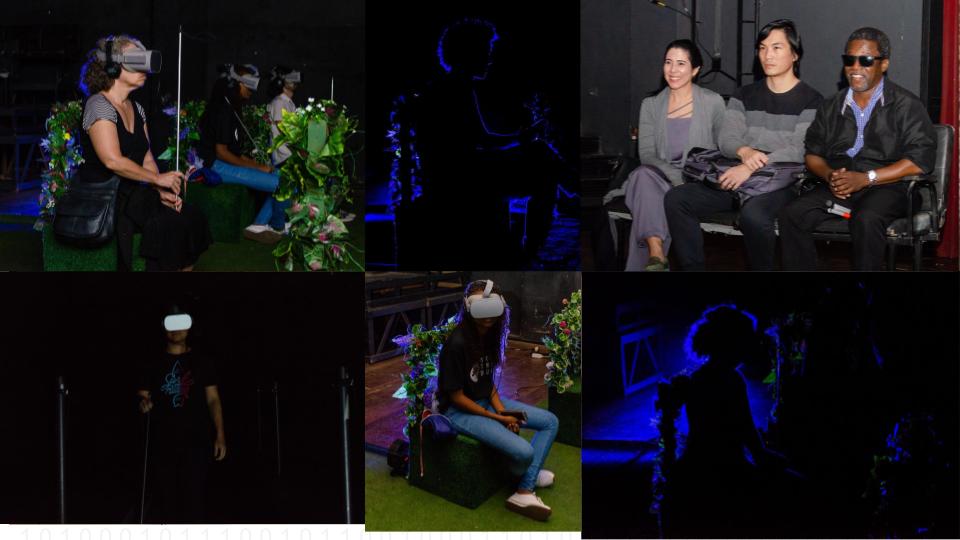
NUGEP
The Multidimensional Nuclei for Heritage and Museum Document Management (NUGEP)
The Multidimensional Nuclei for Heritage and Museum Document Management (NUGEP) coordinates and/or develops integrated teaching activities (undergraduate and graduate), research, outreach, culture, social innovation and technological innovation programs and projects. It comprises a multidisciplinary team. Its objective is to generate knowledge, methodologies, critical analysis, products and/or services regarding museum documents and the management of cultural heritage, facilitating professional training and the development of academic-scientific expertise among the university community and beyond.
Coordination: Elizabete de Castro Mendonça, Luisa Maria Gomes de Mattos Rocha
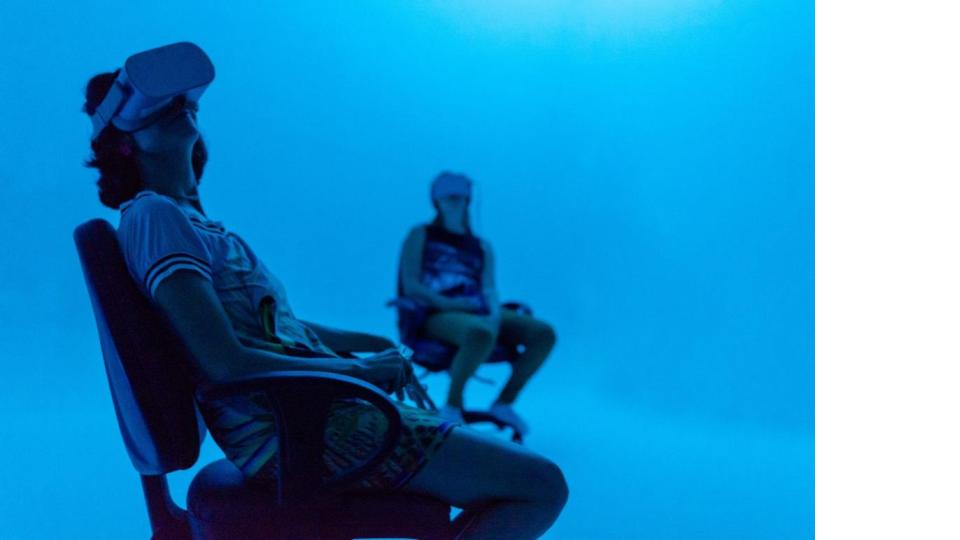
BUGLAB
The BugLab laboratory is devoted to supporting and disseminating the development of projects in the fields of creative media and emerging technologies, in particular immersive and interactive experiences and narratives. Its work is based on co-creation, research-creation and collaboration between students, researchers, artists and producers. It collaborates in efforts to hold exhibitions, debates and workshops.
Coordination: André Paz e Fabio Antonio Vieira Pinto
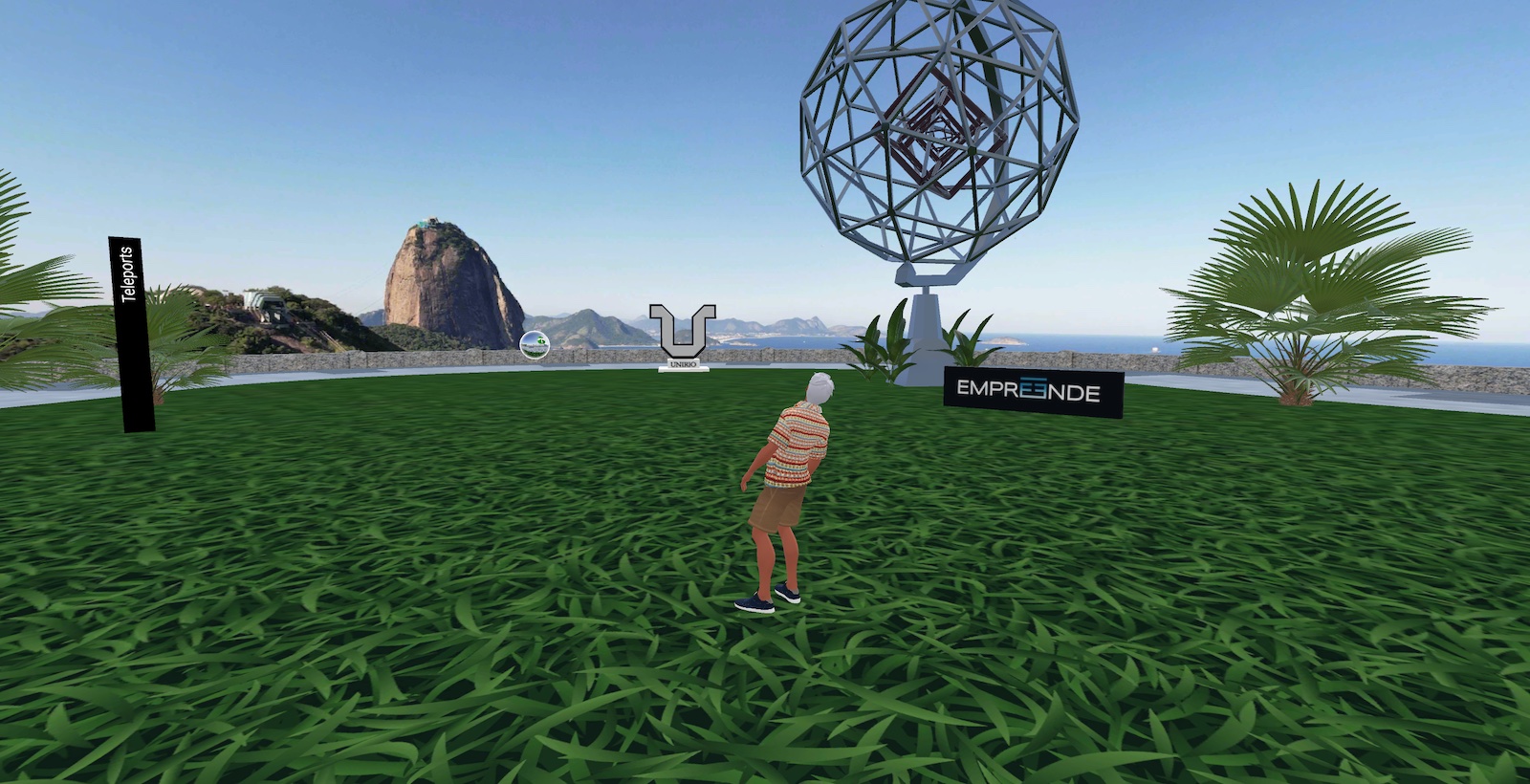
LABETUR
The Laboratory for Events in the field of Tourism (LABETUR)
The Laboratory for Events in the field of Tourism (LABETUR) is a multidimensional space where integrated projects in teaching, research, outreach and culture are developed. LABETUR is a body linked to the College of Tourism, part of UNIRIO’s Centre for Human and Social Sciences (CCH), which operates from a multidisciplinary perspective of the tourism sphere, focusing on theoretical and practical proposals dedicated to innovation in two main areas: Tourism Events; Gastronomy and Culture as an interface with Tourism.
Coordination: Joice Lavandoski, Maria Jaqueline Elicher
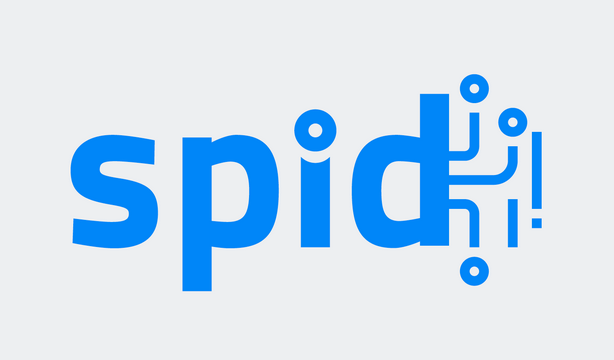
SPID
The Laboratory for Research and Solutions in Artificial Intelligence and Data Science (SPID)
The Laboratory for Research and Solutions in Artificial Intelligence and Data Science (SPID) is an initiative that brings together specialists who are interested in researching and developing AI technologies in Brazil. The SPID is linked to UNIRIO and seeks to promote industry 4.0, applying techniques such as machine learning, pattern recognition and data mining. The lab focuses on areas such as artificial intelligence, data science and human-machine interaction. The initiative was born in 2018 and the objective is to add value to Brazilian society through technological progress.
Coordination: Ana Cristina Bicharra Garcia, Carlos Eduardo Ribeiro de Mello
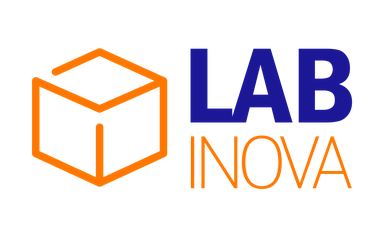
LABINOVA
The Laboratory for Open Science and Research Data in support of Innovation (LabINOVA)
The Laboratory for Open Science and Research Data in support of Innovation (LabINOVA) is a training ground for researchers to develop awareness of the importance of science that is more accessible, transparent, available and free. The overall objective of Open Science is to enhance the quality, progress and scientific and social impact of knowledge and research, while encouraging innovation. It is based in the Centre for Human and Social Sciences (CCH) at the Federal University of the State of Rio de Janeiro (UNIRIO) and funded by FAPERJ.
Coordination: Maria Simone de Menezes Alencar, Naira Christofoletti Silveira
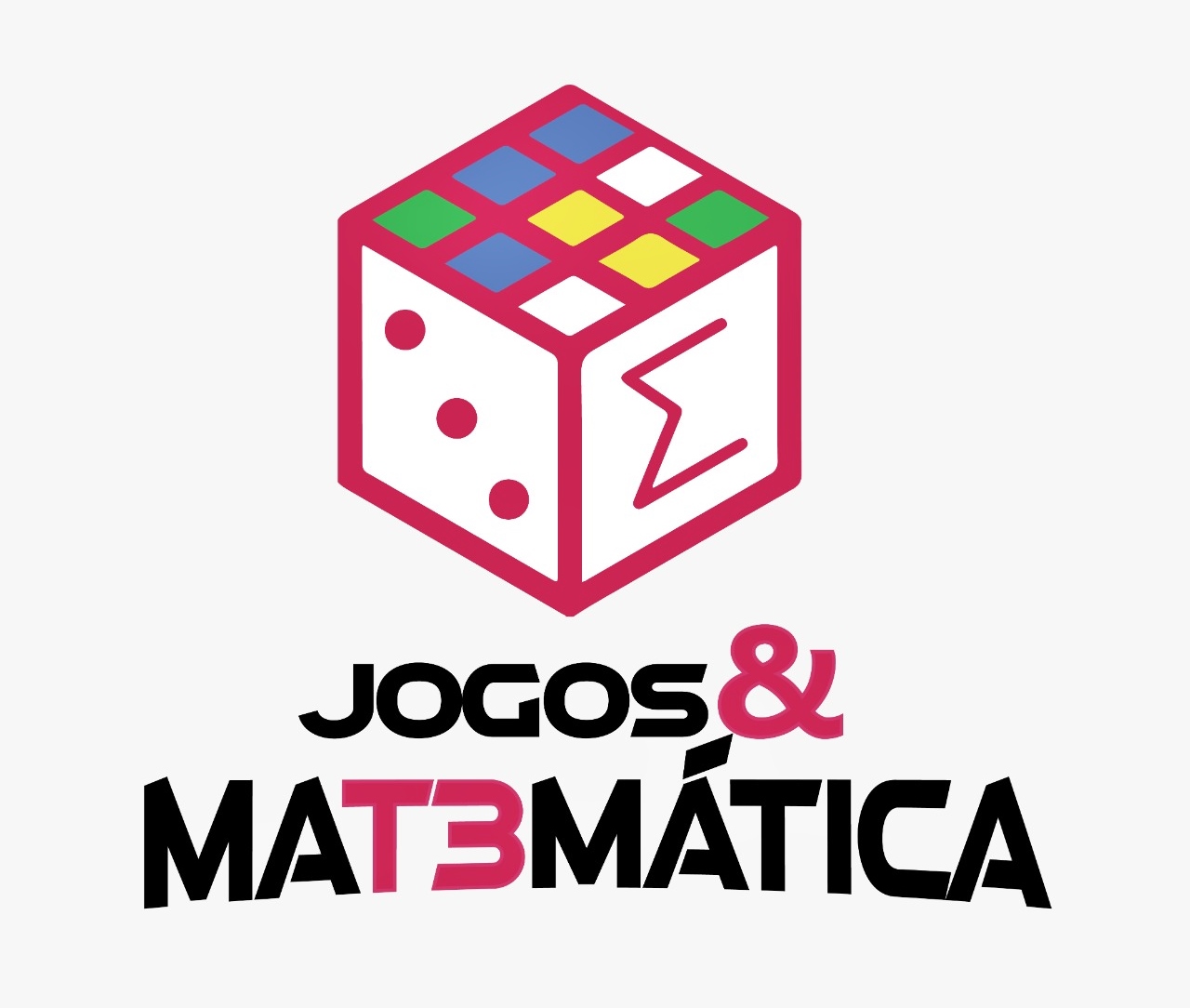
GAMES AND MATHEMATICS
Games and Mathematics
The UNIRIO Games and Mathematics team comprises four Mathematics professors. Their objective is to promote the teaching and learning of mathematics in an engaging and interactive manner, through teaching, outreach and research projects that combine games and mathematical content. They provide courses and training for teachers and students, supplying tools and strategies for the use of games in pedagogical practices. The team also maintains an active online presence, including social media, a website and a podcast called JMcast, focused on the history and teaching of mathematics.
Coordination: Cristiane de Mello, Loisi Pereira, Luzia Martarelli, Marcelo Rainha

LABOGAD
The Laboratory for Digital Archive Preservation and Management (LABOGAD)
The Laboratory for Digital Archive Preservation and Management (LABOGAD) at DEPA aims to integrate research, teaching and outreach to develop solutions for the preservation and management of digital archives. It seeks to integrate the archives of digital documents, digital libraries and virtual museums, as well as to promote transdisciplinary studies in fields such as Digital Convergence, Representation and Organization of Knowledge, Collective Intelligence, Digital Humanities and Social Memory. The laboratory performs activities in the fields of Digital Humanities and Curation and the Management of Digital Archives.
Coordination: Jair Martins de Miranda
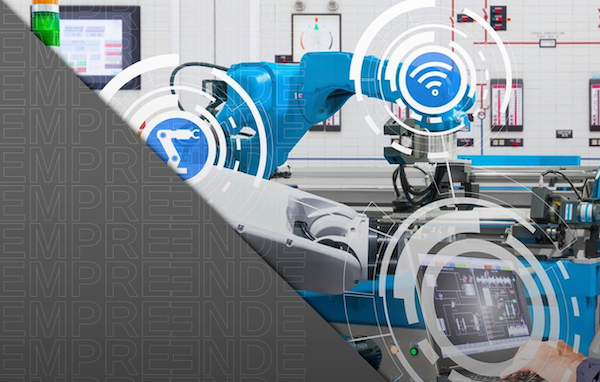
INNOVATION AND CREATIVITY LAB
Aims to design and test innovative solutions with the potential to have a positive long-term impact, involving the development of tools, models and methodologies for application in projects. It supports competitiveness, cooperation, circulation, visibility, availability, diversity and audience growth in all sectors.
Coordination: Mariza Costa Almeida

CENTRE FOR MATHEMATICS APPLIED TO COMPUTER SCIENCE
It studies the application of mathematics to Computer Science, in Error Correcting Codes and Machine Learning, in order to support the process of data-driven decision-making. It has applications across a variety of economic sectors.
Coordination: Luiz Amancio Machado de Sousa Junior and Pedro Nuno de Souza Moura
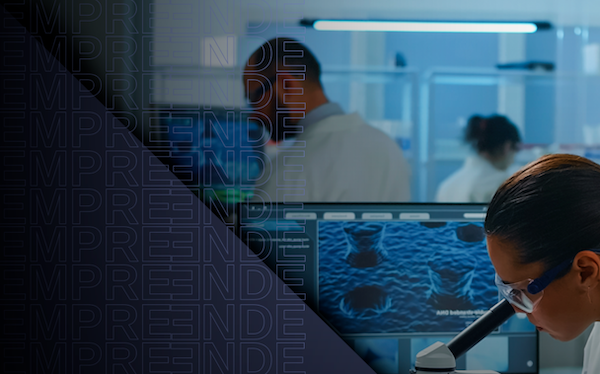
PROTOTYPE DEVELOPMENT LAB
Works with simulated materialization to ideas into being and validate them, embracing physical, mechanical, ergonomic and aesthetic factors. It involves building scale models, mock-ups and prototypes, as a means of analysis/verification of any hypotheses conceived during the process development, but also as a way of presenting, communicating and verifying the final results. It can be applied across a variety of economic sectors.
Coordination: Natália Luísa Felício Macedo Machado
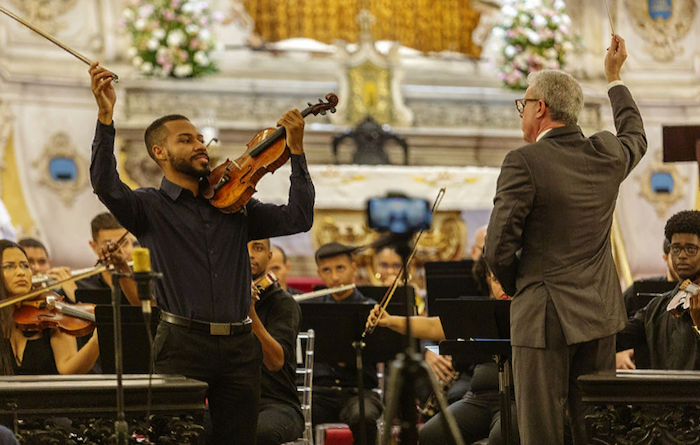
UNIRIO ORCHESTRA
Seeks to adapt to the new forms of technological and distance learning, using new media, and to Study how these new forms can be applied to the teaching of arts and music, as well as to handle the recording and transmission of its products to the media and to study their effects in the virtual world - including the generating of new cultural products and services.
UNIRIO META CONCERTO ORCHESTRA
Conductors: Guilherme Bernstein and Eduardo Lagreca
Violin: Joel Victor
Works by: Beethoven, Saint-Saens, Borodin and Gounod
Location: Church of the Santa Cruz dos Militares Sisterhood
Photos: Eduardo Martino
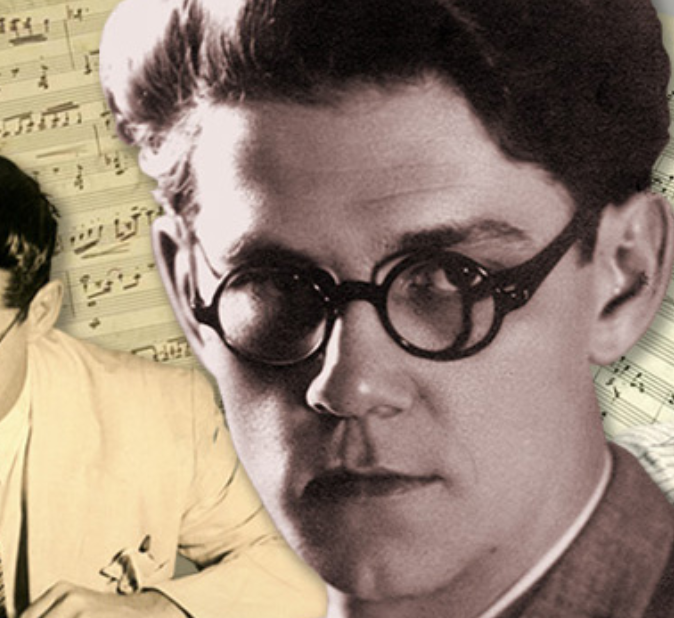
RADAMÉS GNATTALI STUDIO
The Electronic Recording and Publishing Laboratory, formerly known as the Roquete Pinto Studio, with music recording and publishing equipment, that integrates the studies for a bachelor’s degree and/or teaching diploma in Music. The Radamés Gnattali Studio was inaugurated in 2007 and became fully operational in 2008, with upgrading of the digital recording equipment. In 2012, funding from FAPERJ made it possible to further upgrade the studio's equipment and since that time the studio has had a technician who is a recording specialist.
Coordination: Almir Cortes
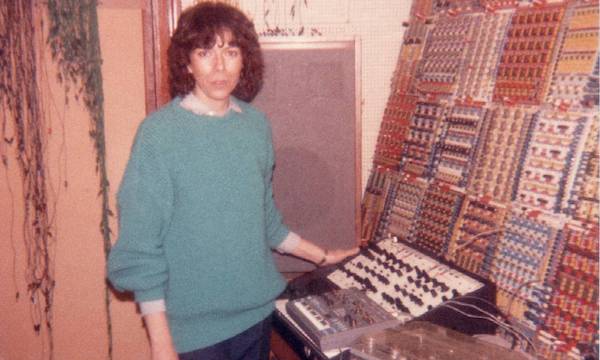
EME – VANIA DANTAS LEITE
The Vania Dantas Leite Electroacoustic Music Studio (EME-VDL) was established in 1992 with assistance from FAPERJ. Founded by professor Vania Dantas Leite, she gave it the name Electroacoustic Music Studio (EME) in honour of the composer Reginaldo de Carvalho, former director of the Villa-Lobos Institute in the late 1960s and early 1970s. Carvalho was the pioneer of electroacoustic music in Brazil, composing and debuting songs in this genre from 1956 onwards. It was he who renamed the Conservatory for Choral Singing (founded and directed by Heitor Villa-Lobos until his death) as the Villa-Lobos Institute (IVL). Carvalho composed in his home studio, where he adopted the name: Electroacoustic Music Studio. Following his death in 2013, Vania Dantas Leite took the initiative of naming the IVL laboratory-studio after the composer's private studio.
Coordination: Marcelo Carneiro de Lima